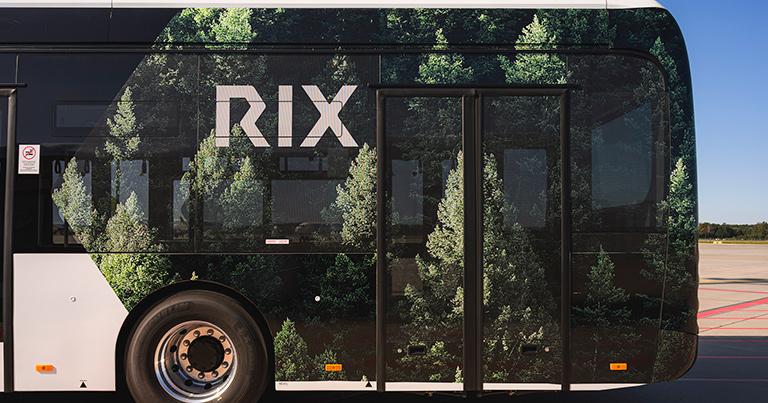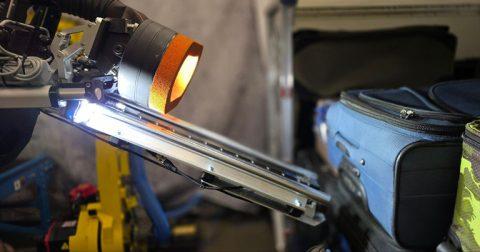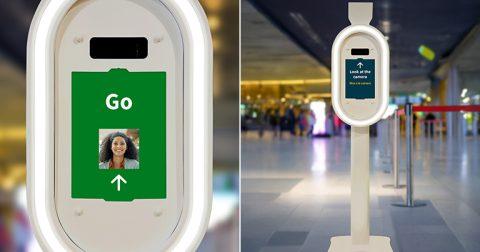
RIX Riga Airport has committed to becoming climate neutral by 2035 – 15 years earlier than originally planned. The updated Net Zero 2050 strategy focuses on significantly reducing all greenhouse gas emissions from airport operations, including both direct and indirect sources.
Riga Airport is phasing out fossil fuels such as diesel and natural gas in transport and building heating, replacing them with sustainable solutions like solar energy, electric vehicles, and enhanced energy efficiency. At the same time, it is assessing and managing indirect emissions, including those from aircraft and supplier transport using Airport infrastructure.
“Decisions made today determine the world we live in tomorrow,” said Laila Odiņa, Chairperson of the Board of Riga Airport. “By implementing the Net Zero strategy, we are not only reducing our climate impact but also setting an example for others. It is our responsibility to provide a green, safe, and modern airport for today’s and tomorrow’s passengers.”
The Net Zero strategy of the airport includes more than 200 activities in transport, energy, infrastructure, and industry partnerships. Riga Airport is also engaged in international research and development projects, including initiatives exploring hydrogen technologies for aviation.
Electrifying transport is a central strategic priority. Passengers are already being transferred by electric buses, and other airfield vehicles are gradually being replaced with electric-powered equipment. In the coming years, RIX plans to completely phase out diesel vehicles and expand its charging infrastructure for airport operations, employees, and passengers.
Another major focus is renewable energy development. In addition to solar panels already installed on rooftops, Riga Airport is preparing a large-scale solar power plant project on the airfield, which will significantly reduce its reliance on fossil-based electricity. At the same time, modernisation of the power supply and heating systems is underway to boost energy efficiency and cut consumption.
Partnerships and community involvement are equally important. Riga Airport is actively engaging airlines, municipalities, and suppliers in joint emission-reduction initiatives and continues to promote public awareness through educational activities. This approach ensures progress toward climate neutrality not only within the airport perimeter but across the wider region.
For passengers, this sustainable transformation will be increasingly visible – from quieter electric buses and energy-efficient buildings to green energy and a responsible approach to natural resources.









